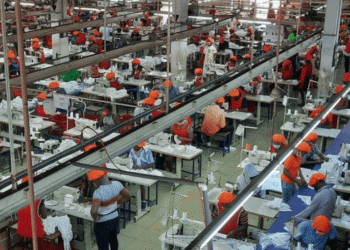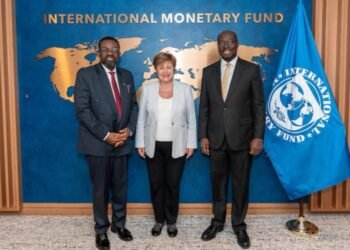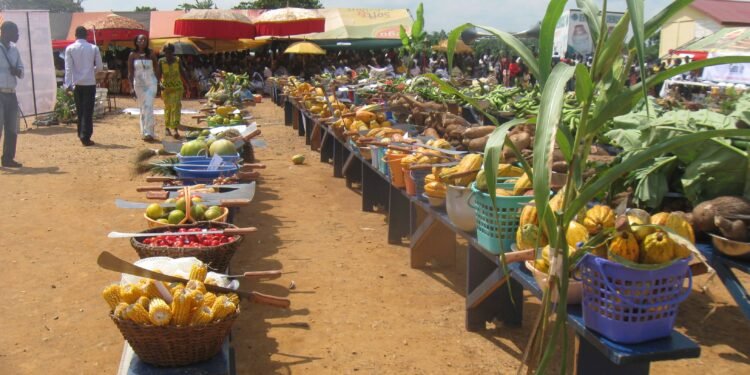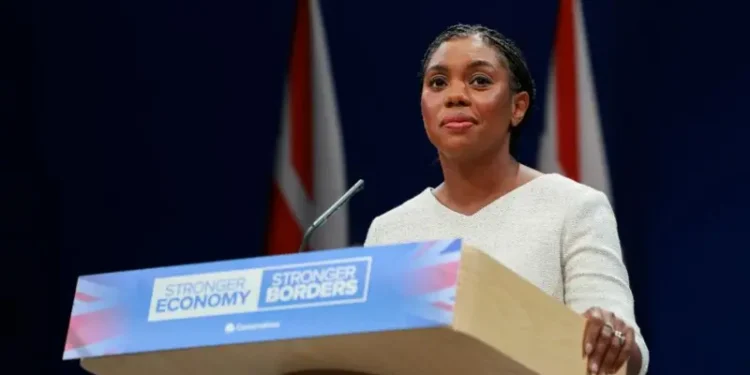The Customs Division of the Ghana Revenue Authority (GRA) will begin the implementation of government’s policy directive on the reversal of the reduction of values of imports on 43 selected items, otherwise known as the ‘benchmark values’ from today, Tuesday, January 4, 2022.
According to a statement from the GRA, the reversal will affect the selected items from all the three categories on which the reversal was applied. These are: the home delivery value of vehicles; goods on which benchmark values are applied; and all other goods.
The implication is that for duty purposes, the Home delivery value (HDV) of a vehicle will no longer be discounted by 30%, thus, the full HDV will be used for the computation. Also, regarding goods on which benchmark values are applied, the benchmark value will now be applied in full without any reduction of value by 50%.
It can be recalled that the Minister of Finance, Ken Ofori-Atta, announced the restoration of the Benchmark Values of imports by suspending the 50 percent discount on selected General Goods and the 30 percent discount on vehicles in the 2022 budget statement.

According to Mr. Ofori-Atta, the review is necessary to align the policy with current development needs to protect the environment, local industry, strengthen public safety, and support public health.
Impact on prices
In an interview with the Vaultz News, Dr. Kwadwo Opoku, an Economist and Research Fellow at the Centre for Social Policy Studies (CSPS) at the University of Ghana stated that reversing the policy is in the right direction but prices may go up in the short-term.
“Of course, we may see that there will be price increase because of shortages. Then, importers will be forced to bring in those goods and once the price has increased, then consumers will experience the high prices that we are going to face which will find its way into the inflation figures. If industries can respond to the demand as soon as possible, then the impact on prices may not be that much. But definitely, it will increase prices”.
Dr. Kwadwo Opoku
Regarding the impact of the policy on prices, the views of Dr. Kwadwo Opoku are in line with those shared by the President of the Ghana Union of Traders Association (GUTA), Dr. Joseph Obeng, who emphasized that “prices are going to double. The benchmark value was the only last straw businesses were holding”.
Executive Secretary of the Importers and Exporters Association of Ghana, Samson Aasaki Awingobit, however, lamented the timing of the policy saying, “I strongly believe that it is not the right time looking at the cost of living in the country now”.
Reversal of benchmark values to boost capacity of local industries
Executive Director of the Ghana Industries (AGI) Association, Seth Twum Akwaboah, who supported the policy, argued that since the AfCFTA is fully operational, the capacity of local industries must be boosted to prevent imported goods from overtaking the local market.
Government in 2019, introduced the benchmark policy in accordance with the World Customs Organization’s policy of regular review of valuation database.
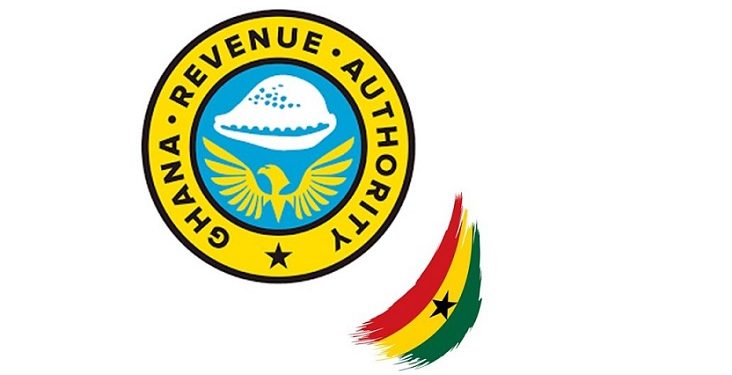
Under this policy, certain commodities were benchmarked to the prevailing world prices as a risk management tool, to reflect the true market dynamics of these commodities.
It also took into consideration factors such as protection of health, the environment, and security as well as protection of local industries.
In line with the reversal, series of engagements have been had with relevant stakeholders with the aim of reaching a consensus on the implementation of the policy, the GRA stated, entreating the trading community, especially importers, to take note of this directive and comply accordingly.
READ ALSO: Majority Leader urges MPs to Engender Development in New Year





